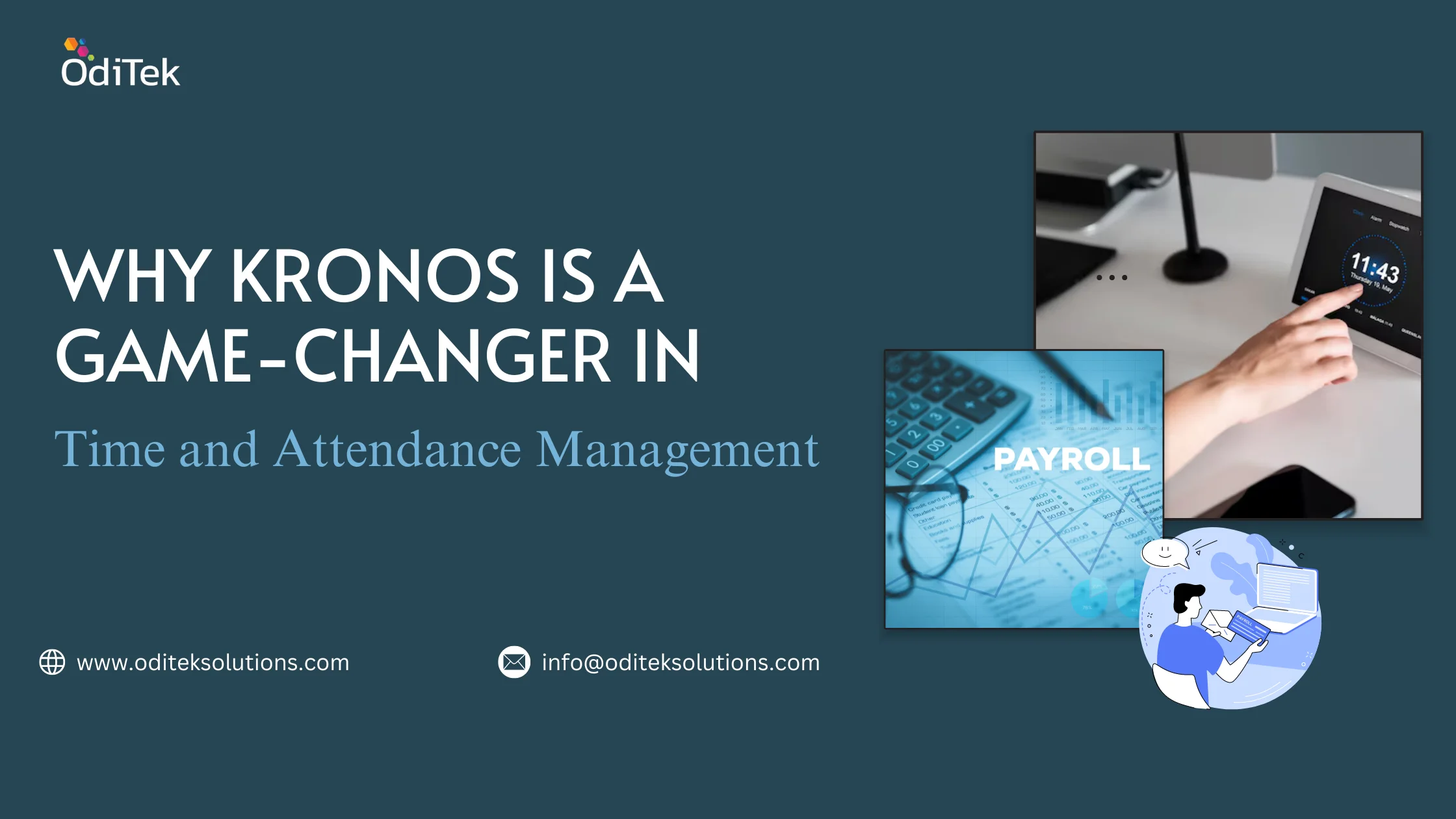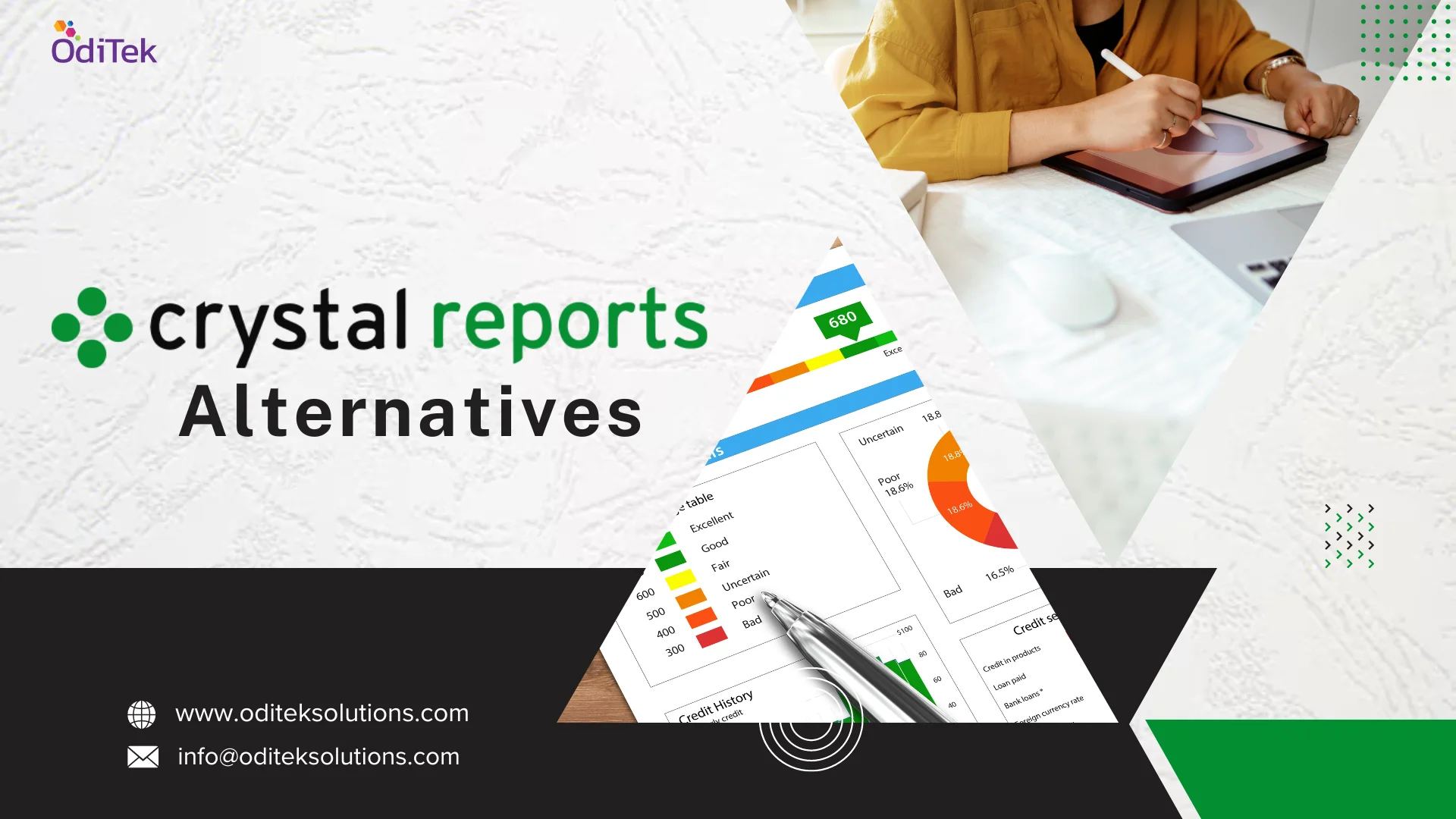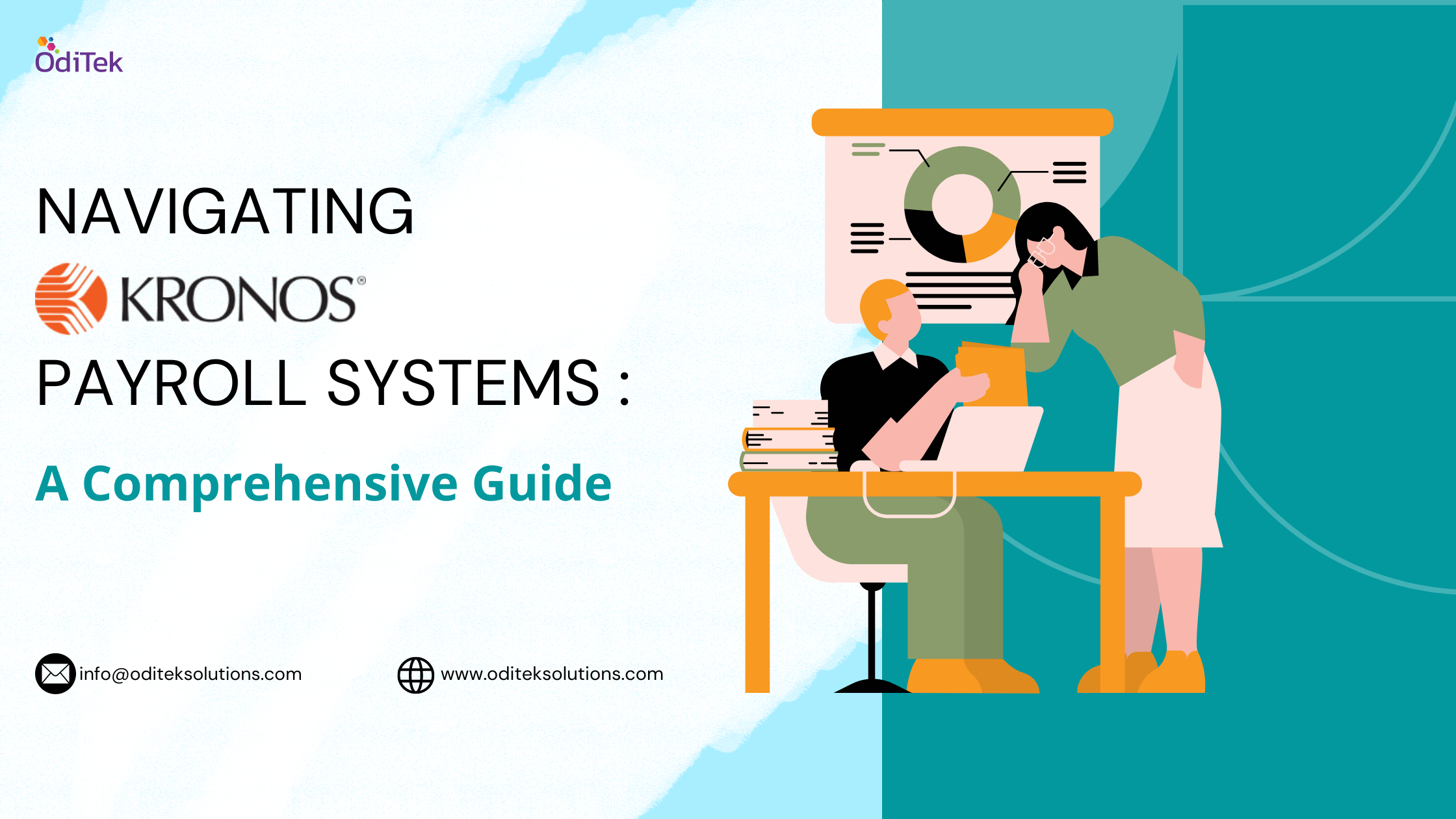Master Data Management is essential for corporates to guarantee consistency, accuracy, and reliability of their data across various departments and systems. Executing the best master data management tools is critical to organize smooth operations and enhance decision-making processes. These tools empower organizations to create a single, authoritative source of truth for key data, such as customer information, product details, and financial records.
A well-executed master data management program helps in avoiding data disparity, reducing errors, and improving data quality. It enables companies to achieve a unified view of their data, breaking down silos and fostering collaboration between different business units. This not only enhances operational efficiency but also supports compliance with regulatory requirements. Investing in MDM is an investment in data integrity, providing a solid foundation for informed business strategies and sustainable growth in today’s data-driven corporate landscape.
Master Data Management in Boomi
Master Data Management is a strategic approach that involves the processes, governance, policies, and tools used to consistently define and manage the critical data of an organization, commonly referred to as master data. Master data encompasses core business entities such as customers, products, employees, and suppliers. Maintaining accurate and consistent master data is essential for organizations to make informed decisions, enhance operational efficiency, and ensure compliance with regulations.
The best master data management tools can be approached in Boomi, which offers a comprehensive platform for MDM. Boomi’s MDM capabilities are part of its broader integration platform, providing a unified solution for managing, synchronizing, and enriching master data across the enterprise. It excels in its ability to connect disparate systems and applications, making it an ideal choice for organizations with complex and heterogeneous IT landscapes. The platform’s master data management technologies enable users to create a single, reliable source of truth for critical business information. Boomi’s MDM capabilities go beyond traditional data management by offering a holistic approach that combines data integration, data quality, and data governance.
The best feature about Boomi MDM is its flexibility. The platform allows organizations to define and manage their data models and hierarchies according to their unique business requirements. This adaptability is crucial as different industries and companies often have specific needs when it comes to organizing and classifying their master data. Boomi also aid in data synchronization across various systems in real-time. This ensures that any updates or changes made to master data are immediately reflected across the organization, eliminating data inconsistencies and reducing the risk of errors. The platform supports both on-premises and cloud-based applications, providing flexibility for organizations with hybrid IT environments.
Data governance is a critical aspect of MDM, and Boomi addresses this by offering robust data stewardship and data quality features. The platform enables organizations to define and enforce data governance policies, ensuring that data is accurate, complete, and adheres to predefined standards. This proactive approach to data governance helps organizations maintain data quality and compliance. Boomi’s MDM also supports workflow automation, making it easier for organizations to manage the entire lifecycle of master data. From data creation and validation to approval processes and ongoing maintenance, Boomi streamlines these workflows, reducing manual efforts and enhancing efficiency.
Structured IT competency with best Master Data Management tools
As we now know that Master Data Management plays a pivotal role in helping organizations maintain the integrity, consistency, and accuracy of their critical business data across various systems and applications. MDM is primarily backed up by its various tools and to know about these tools we must know about the idea of MDM tool list. A master data management tools list typically refers to a compilation or inventory of various software tools designed to facilitate Master Data Management within an organization. These tools are designed to address the challenges associated with managing master data-core information about customers, products, employees, and more-across an enterprise.
Here, we’ll delve into the key features of MDM tools and discuss efficient ways to leverage them for organizational success.
1. Centralized Data Repository
MDM tools provide a centralized repository where organizations can store and manage their master data. This centralized approach ensures that everyone within the organization is working with the same set of accurate and up-to-date information.
2. Data Integration
The best master data management tools facilitate seamless integration with various data sources and applications. They allow organizations to connect and synchronize data from disparate systems, breaking down silos and ensuring a unified view of critical information.
3. Data Quality Management
MDM tools incorporate data quality management features, enabling organizations to assess, cleanse, and standardize their data. This ensures that master data is consistent, complete, and free from errors, ultimately improving the overall quality of organizational data.
4. Data Governance
The best master data management tools support data governance by defining and enforcing policies related to data access, usage, and security. This ensures that master data is handled responsibly and complies with regulatory requirements.
5. Master Data Modeling
MDM tools allow organizations to create and manage data models, defining relationships and hierarchies within master data entities. This flexibility is crucial as different industries and businesses have unique requirements for structuring their master data.
Efficient MDM Strategies
Some of the efficient Strategies for Master Data Management involves:
1. Defining Clear Data Governance Policies
Establishing robust data governance policies is critical for MDM success. Clearly define data ownership, data stewardship roles, and data quality standards. Regularly audit and update these policies to adapt to changing business needs.
2. Data Quality Management
Prioritize data quality by implementing data profiling, cleansing, and enrichment processes. Leverage MDM tools’ data quality features to identify and rectify inconsistencies, ensuring that the master data remains accurate and reliable.
3. Integration with Business Processes
Integrate MDM tools seamlessly with existing business processes and applications. This ensures that master data is consistently used and updated throughout various workflows, preventing data silos and discrepancies.
4. User Training and Adoption
Invest in user training to ensure that the teams responsible for managing master data are proficient in using the MDM tools. Foster a culture of data stewardship and encourage active participation in maintaining data quality.
5. Scalability and Flexibility
Choose MDM tools that can scale with the growth of your organization. Ensure flexibility to adapt to evolving business requirements and support various data domains.
6. Continuous Monitoring and Improvement
Implement continuous monitoring mechanisms to track the performance and effectiveness of MDM processes. Regularly assess data quality, user adoption, and the alignment of MDM strategies with overall business goals. Implement improvements based on these assessments.
Conclusion
In conclusion, investing in the best master data management tools in Boomi, is imperative for organizations seeking consistency, accuracy, and reliability across diverse data sets. These tools, with features like centralized data repositories, integration capabilities, and strong governance, empower businesses to operate smoothly and enhance decision-making. Implementing efficient MDM strategies, including clear governance policies and continuous monitoring, ensures sustained data integrity, fostering informed business strategies in today’s data-driven corporate landscape.
We at OdiTek, provide MDM services, tailored to your needs, ensure sustained data integrity, enabling informed business strategies in today’s dynamic, data-driven corporate landscape.







